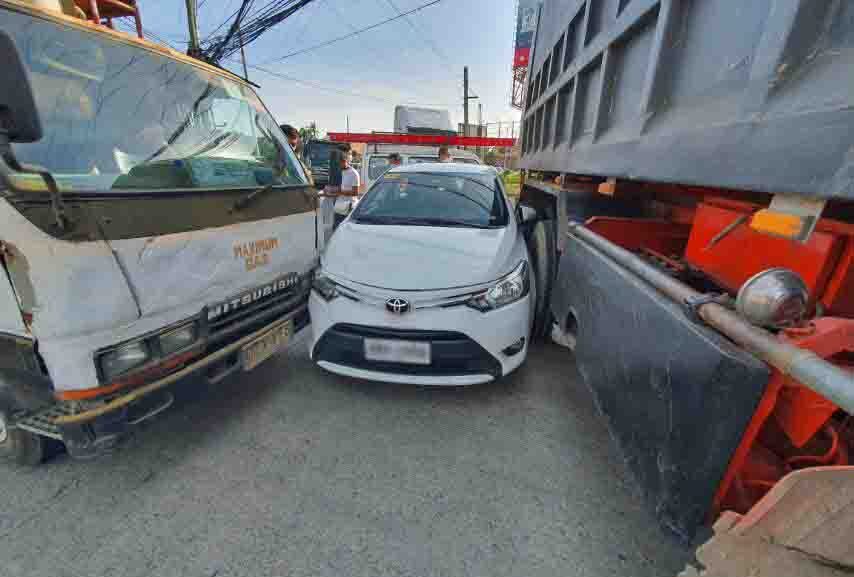Elmer Cabrera, 22-year old graduating student of Bestlink College of the Philippines, is the youngest of the Cabrera siblings who strived hard in reaching his dreams. He had inched closer to fulfilling his goal, but came to a screeching halt as his life was taken by the recent ill-fated bus tragedy in Tanay, Rizal.
The tragedy did not just took the Cabrera’s dreams but also the hopes and dreams of 15 lives—including the driver’s—and injured (and possibly traumatized) 40 college students which was supposed to learn the ropes about medical and survival training as part of the National Service Training Program (NSTP).
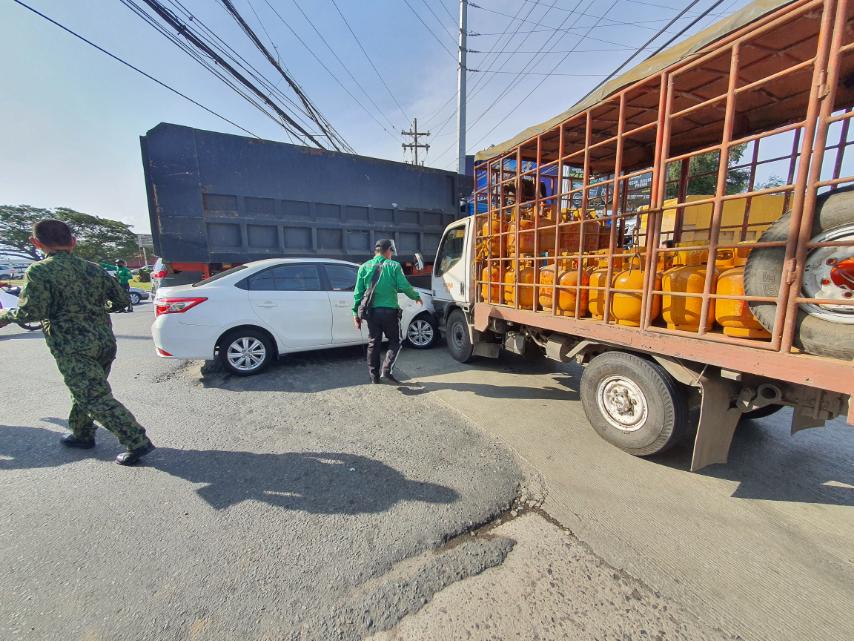
Unfortunately, Elmer is one of those fifteen students who died on the spot after their bus lost control after its brakes failed and hit on the electric post along Sitio Bayucalin, Barangay Sampaloc in Tanay. The said tragedy now contributes to the horrid facts and figures that pertaining to road crashes.
According to the International Traffic Safety Data Analysis Group (IRTAD), about 1.3 million dies annually in crashes on the world’s roads, while millions are seriously injured. That translates to an average of 3,287 deaths per day. Based on Philippine National Police-Highway Patrol Group (PNP-HPG) records, a total of 31,811 incidents of road crashes—resulting to 1,028 fatalities and 25,061 resulting in damage to property—occurred in 2020. The leading causes of road mishaps are speeding, using mobile phones while driving, overtaking, and drunk driving.
In 2021, Metropolitan Manila Development Authority (MMDA)—the governing body which sets policies on traffic management and road emergency and public assistance in the Metropolis—released a stunning and scary report on the continuous increase of road accidents in NCR with a total of 65,032 an average rate of 178 cases per day. Of this figure alone, 337 were counted as fatal; 14,465 resulted in serious injuries, while 50,230 resulted to damage property. Worse, the group’s highest contributors are two-wheels, composed of motorcycles, e-bikes, and tricycles.
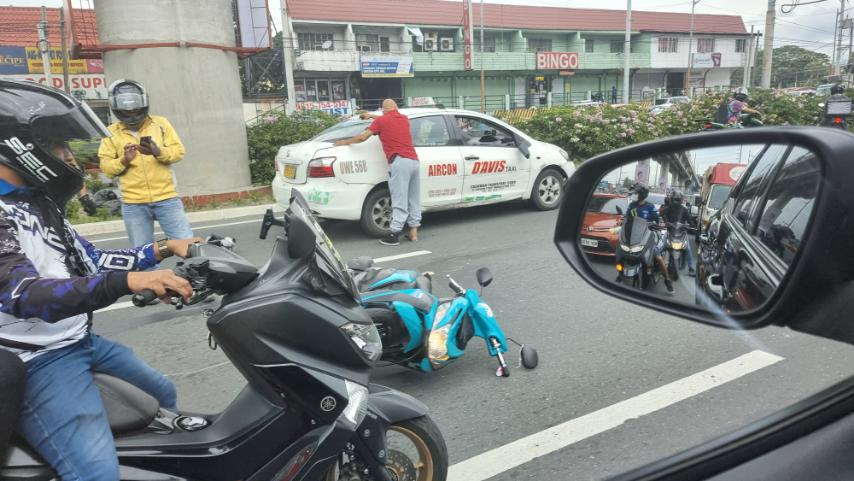
It pains to see that the latest set of victims could have been the “best and the brightest” of our lifetime. They could be the next set of leaders that could bring more hope to our country. With that accident, they now become the “what-could-have been.” The reality is that road accidents can only be prevented if drivers drive more responsibly.
With the volume of road accidents nowadays, it is essential that we are aware and educated—whether new or old drivers—on road safety precautions. Some of these tips may seem too old, but a good reminder can save you from danger. Here are ten defensive driving tips to keep you safe on the road:
WEAR YOUR SEAT BELT AT ALL TIMES. We always hear an old adage that seat belts save lives. Although, in the Philippines, seat belt law is the most violated road rule, in reality, this simple act of wearing a seat belt can save a gruesome road crash into a minor injury. According to US-based agency National Highway Traffic Safety Administration (NHTSA), a total of 329,715 lives have been saved by seatbelts, and 2,814 could have been saved if they buckled up in 2015. So, before you start your car, make sure to wear your seat belt. Wearing seat belt can reduce injuries or fatality in a crash.
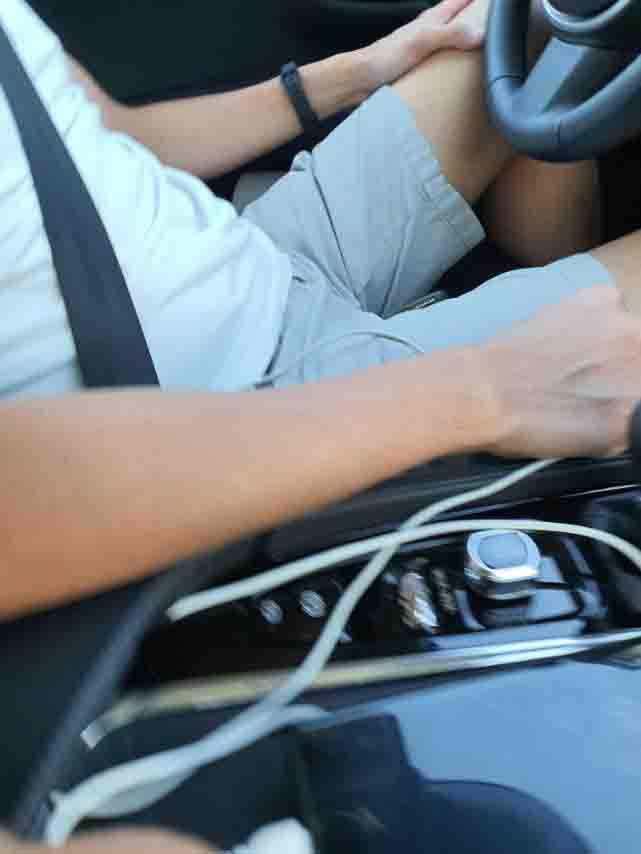 ALWAYS REMEMBER THE CHECKLIST POINTS. Before you hit the road, always check your tire pressure, brake fluid, engine oil, engine coolant, washers, wipers, and fuel gauge. You also need to secure or remove loose objects, set the correct driving position, and adjust your mirrors. Minor tire punctures can be life-threatening.
ALWAYS REMEMBER THE CHECKLIST POINTS. Before you hit the road, always check your tire pressure, brake fluid, engine oil, engine coolant, washers, wipers, and fuel gauge. You also need to secure or remove loose objects, set the correct driving position, and adjust your mirrors. Minor tire punctures can be life-threatening.
KEEP BOTH HANDS ON THE STEERING WHEEL. When you drive and suddenly receive an SMS notification from your mobile phone, the two seconds you starred and check your phone is a guaranteed distraction. That millisecond of distraction can lead to a high chance of a tragic accident. Distracted driving is one of the most frequent causes of motor vehicle accidents caused by human error. Therefore, always keep your eyes and both hands on the wheel when driving.
KEEP A SAFE DISTANCE. Always have space management when driving. This means, you’re applying the 3-second rule wherein you start counting the number of object in seconds before it passes through you. By doing this, you are avoiding any possible incident that may occur. A defensive driver always maintains a safe caution of distance in front and behind his vehicles.
DON’T DRINK and DRIVE. This is probably the most common reason for road accidents. Motorist still drives under the influence of alcohol. Whether casual drinking or party, don’t drink when driving. Any amount of alcohol affects your ability to drive. In 2022, Data from our Land Transportation Office (LTO) indicates that 385 out of 407 drivers in NCR tested positive for drinking under the influence of alcohol or drug use, which causes impairs and risk of road accidents.
OBEY TRAFFIC RULES AND REGULATIONS. They often don’t make sense, but they are there for a reason. You’ll only have yourself to blame if you end up in an accident because you cut corners or tried to beat a red light. The sad part is most Public Utility Vehicles (PUVs) in the Metro disregard the importance of traffic rules and regulations. In 2021, Data released by MMDA Ticket Management Division revealed that motorists’ number one violation was disregarding traffic signs.
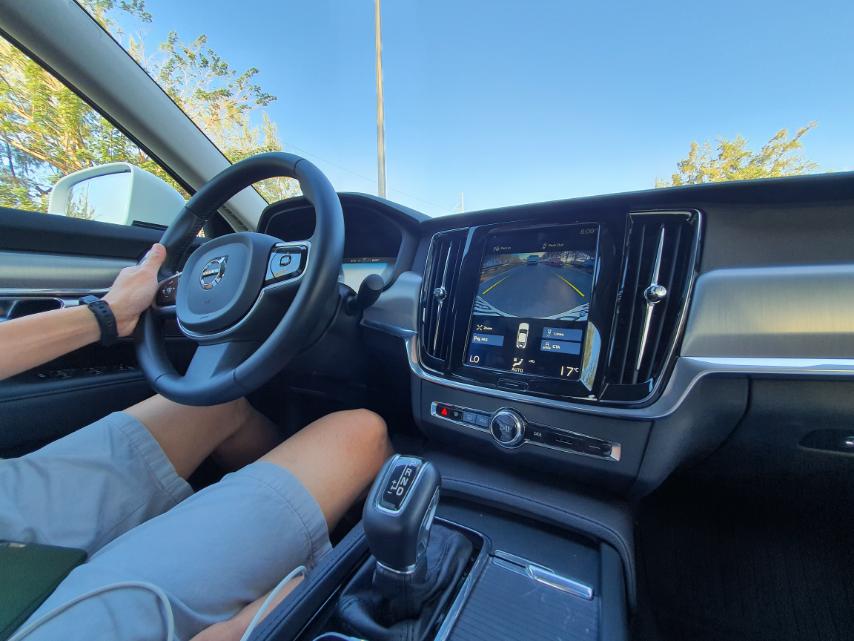
DON’T DRIVE TIRED. MMDA report shows that 90-percent of car accidents that lead to death occur because of human error. Sleepy drivers are eight times more likely to crash and 50-percent result in death or serious injury. Sleep deprivation has been proven to affect driving ability from coordination, longer reaction, judgment, and impaired memory. So take a 15-minute break every 2-hours of driving. Parking your car somewhere safe and taking a break won’t do any harm. In fact, it may save lives. With the right amount of sleep, you will improve your driving.
BE OBSERVANT ON THE ROAD. Be sure to use your signal lights properly when changing lanes or overtaking. Always stay alert and watch for road signs that indicate danger. Do not steer sharply on tight bends; your vehicle may lose balance and roll over. A good driver is one who looks ahead to spot any changes in the road surface.
PLAN YOUR TRIP. This is probably the simplest thing to do, but many of us fail to plan our trip. Don’t panic if you miss an exit, get off at the next one. The life you save could be your own.
PRAY. Being a defensive driver means that you’re preventing an accident before it occurs. Aside from the right attitude, awareness, and driving skills, it is also essential to understand that each motorist shares their battle on the road—physically, mentally, and spiritually. So regardless of whether we’re ready or not, we must understand that the power of prayer saves many people’s lives.

